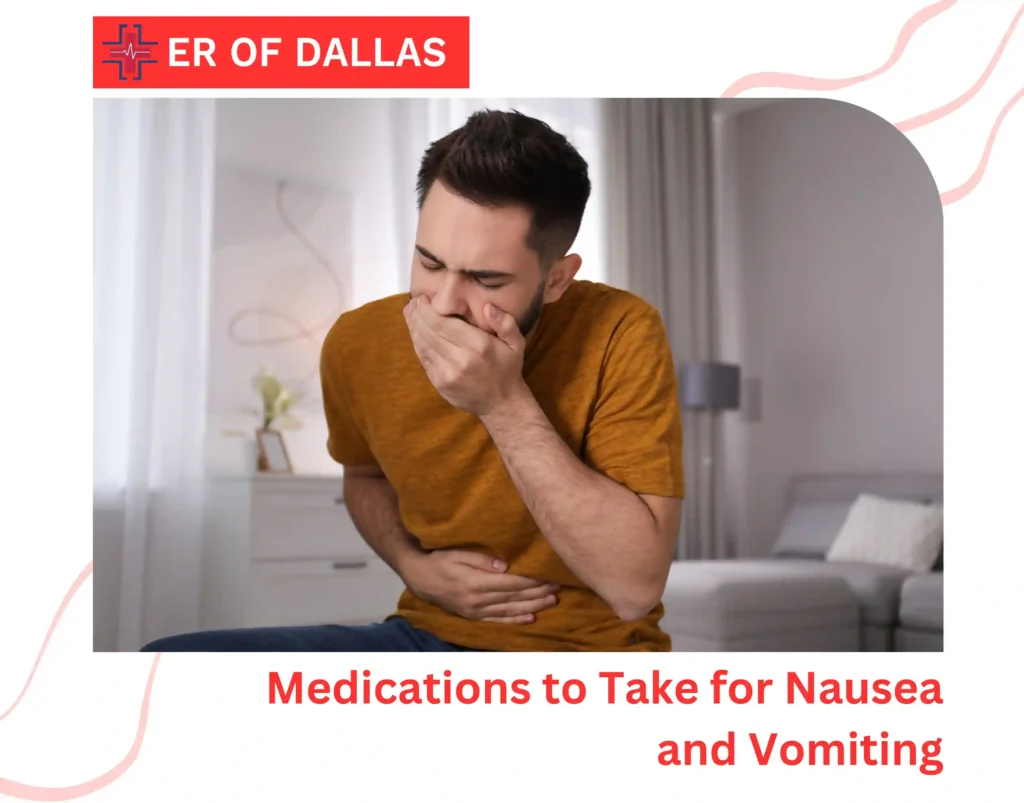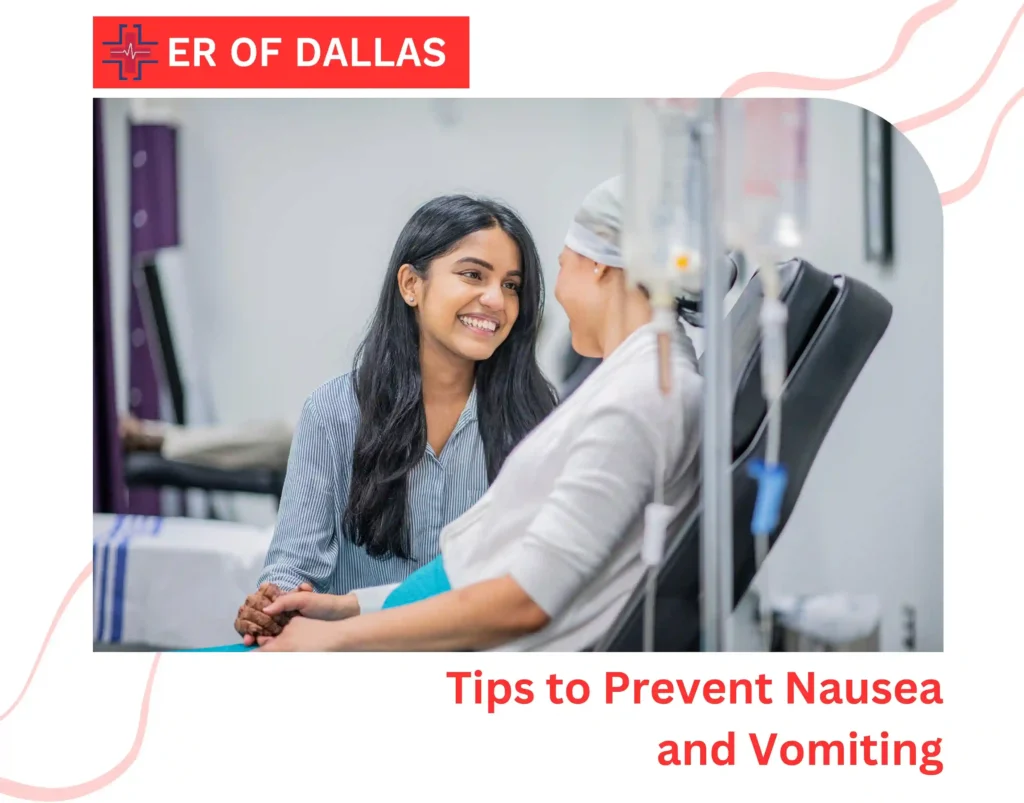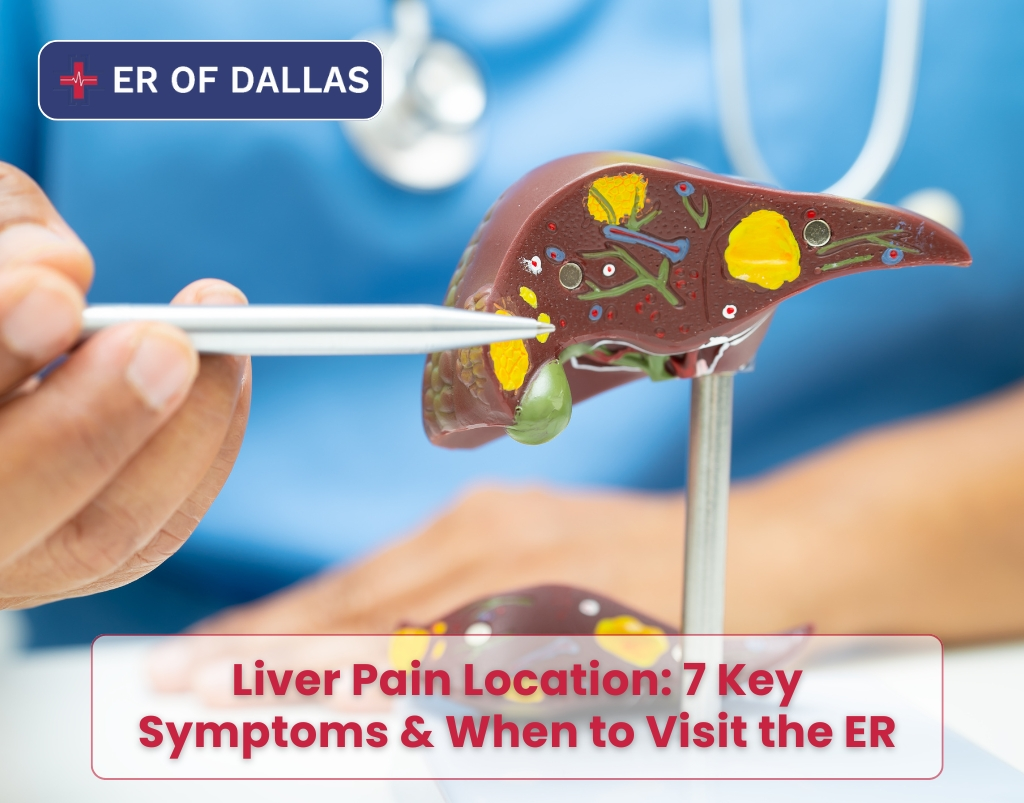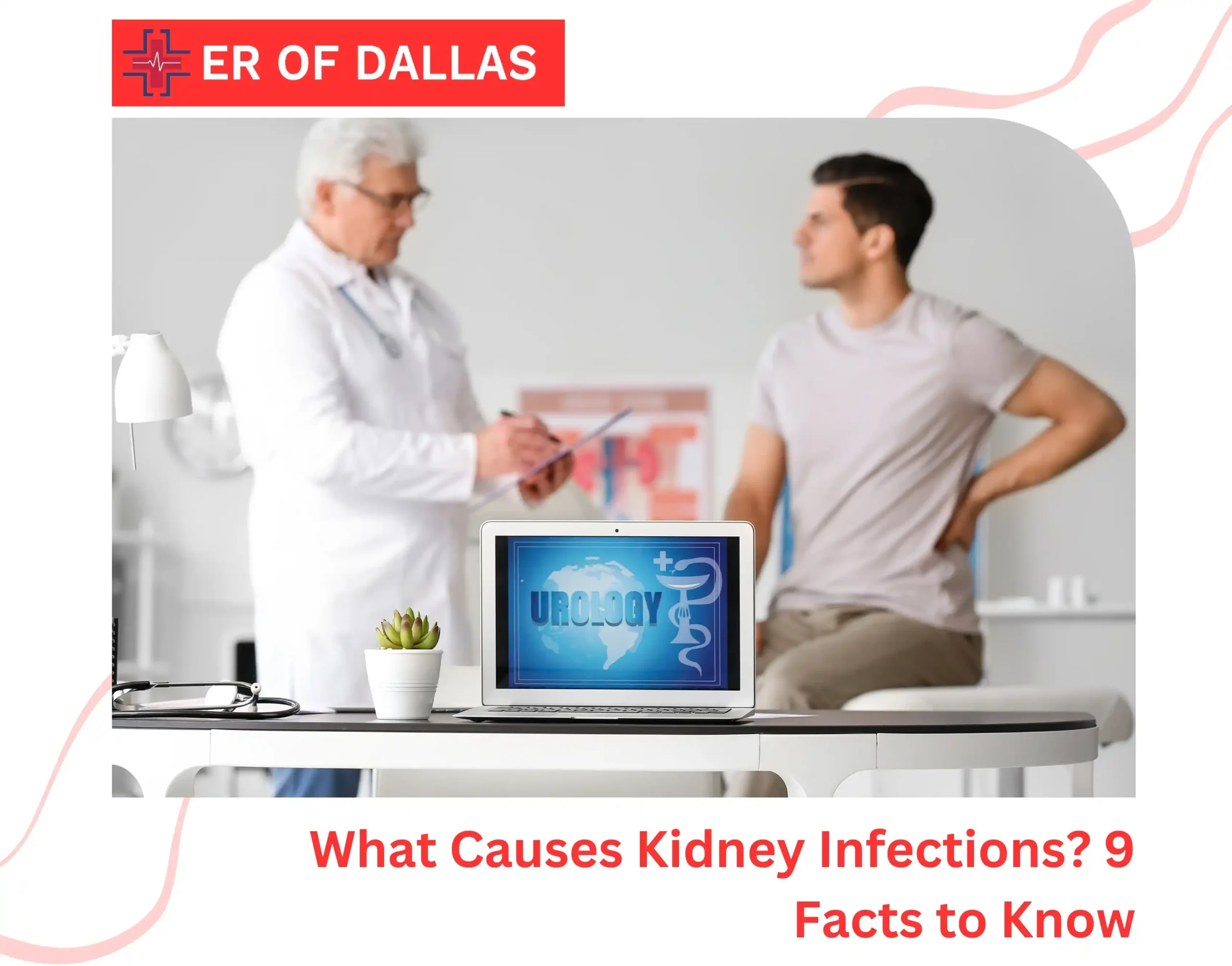Persistent nausea and vomiting can quickly lead to dehydration, weight loss, and depleted energy. Whether it’s from food poisoning, severe anxiety, motion sickness, or pregnancy, finding effective relief is crucial.
From soothing spices and herbal teas to proven aromatherapy techniques, we’ll guide you on what to take for nausea and vomiting, based on our extensive emergency care experience.
While many cases can be managed at home, it’s important to know when to seek emergency care is crucial, especially if you’re experiencing severe dehydration or prolonged vomiting.
What Is Nausea and Vomiting?
Nausea is the unsettled feeling in your stomach that makes you feel like you may throw up. Vomiting is the next level, where your body gets rid of stomach contents. Nausea and vomiting themselves are not diseases but symptoms of various conditions, including:
- Digestive disorders: stomach flu, food poisoning, ulcers, gallbladder disease, and gastrointestinal conditions.
- Brain and nervous system disorders
- Pregnancy
- Anxiety
- Certain medications and treatments
- Food allergies
- Migraine headaches
- Dehydration
Other common causes include:
- Taking a bumpy ride
- Reaction to certain smells
Top 3 Remedies: What to Take For Nausea and Vomiting
Here are a few tried-and-true remedies for nausea and vomiting:
1. Spices
- Ginger Root: A tropical plant used for centuries to treat upset stomach, diarrhea, nausea, and vomiting. You can consume it in various convenient forms such as crystallized ginger, ginger biscuits, or ground ginger available in capsules.
- Peppermint: Anti-inflammatory and anti-microbial properties of peppermint help with nausea. You can have peppermint tea, snack on peppermint gums and candies or chew mint leaves directly to relieve nausea.
- Cinnamon: Steep a cinnamon stick in water overnight, and drink it when you feel nauseous. Regularly adding cinnamon to your food may help with nausea.
- Cloves: Clove and clove oil can help with nausea and vomiting. Mix cloves with honey or drink clove tea. You can also chew them on an empty stomach to feel better.
2. Aromatherapy
Aromatherapy helps relieve nausea by calming the nervous system. Some essential oils that may help with nausea include:
- Ginger oil
- Peppermint oil
- Lavender oil
- Lemon oil
- Cardamom oil
- Fennel seed oil
You can rub these oils on your neck and stomach. Mix them with hot water and breathe in the steam. Use a diffuser, cotton balls, or a spray bottle to spread the scent in your room. This can help with nausea and vomiting.
3. Herbal Teas
Herbal teas like chamomile, fennel, ginger root, peppermint, and licorice root relax your digestive muscles and treat issues like indigestion, motion sickness, diarrhea nausea, and vomiting.
Note: While these home remedies are generally safe, consult your doctor if you experience severe or persistent symptoms. Some herbs can interact with medications or cause allergic reactions.
Get Fast Relief for Severe Nausea
Medications to Take for Nausea and Vomiting
When your nausea and vomiting are not brushed off with home remedies, your doctor will prescribe you antiemetics (nausea and vomiting medications). Some antiemetics are available over the counter, while others require a prescription.
1. Over the counter Antiemetics
- Bismuth subsalicylate: This medication can help with nausea and vomiting from the stomach flu, food poisoning, or upset stomachs.
- Antihistamines: These can help with nausea and vomiting caused by motion sickness.
- Emetrol (phosphorated carbohydrate): This OTC medicine can help with nausea associated with the stomach flu.
2. Prescription Antiemetics
- Serotonin Antagonists: These block serotonin, a chemical that can trigger nausea, especially when your body detects toxins. They’re often prescribed for chemotherapy-induced nausea for cancer patients.
- Neurokinin (NK-1) Receptor Antagonists: These suppress the vomiting reflex and are especially helpful for delayed nausea after chemotherapy.
- Dopamine Antagonists: Sometimes dopamine can trigger nausea when it interacts with certain brain receptors. Dopamine antagonists block this interaction.
- Benzodiazepines: Benzos are a class of depressant drugs that treat anxiety and stress-related nausea and vomiting.
- Cannabinoids: Synthetic versions of chemicals found in marijuana, and cannabinoids reduce nausea and boost appetite. They’re typically used for long-term nausea, when other treatments don’t work.
3. Drugs for Nausea and Vomiting in Pregnancy
For pregnant ladies, doctors usually prescribe medicines that help with morning sickness such as vitamin B6 or antihistamines. Diclegis is a prescription combo of Vitamin B6 and antihistamine to treat nausea and vomiting in pregnancy.
Note: Always check with your doctor before taking any nausea and vomiting medications.
Tips to Prevent Nausea and Vomiting
- Stay Hydrated. Sip on small amounts of water or electrolyte drinks. Avoid sugary or caffeinated beverages, which can make symptoms worse.
- Rest Up. Lying down with your head slightly elevated can help reduce nausea.
- Acupressure. Putting pressure on your wrist with your fingers, or using an acupressure wristband can help control nausea by targeting pressure points.
- Eat Smart. Stick to small meals with bland, high-carb, low-fat foods like crackers, toast, or pasta. Avoid fatty, spicy, or fried foods. Don’t overeat, and try to cut back on caffeine.
- Know Your Triggers. If you always get motion sickness, sit in the front seat or take an over-the-counter motion sickness pill before your trip. If strong smells bother you, try to avoid them.
- Manage Stress. Try relaxation techniques like meditation, breathing exercises, or tensing and relaxing the muscles.
Emergency Care for Nausea and Vomiting
While we’ve covered what to take for nausea and vomiting at home, some symptoms require immediate medical care. Visit ER of Dallas if you experience severe dehydration, chest pain, or continuous vomiting that doesn’t respond to over-the-counter remedies.
FAQs
1. How to stop nausea and vomiting?
Sip on fluids like water or ginger tea, try bland foods, and get some rest. If it doesn’t improve or gets worse, call your doctor or head to the ER.
2. What helps with nausea and vomiting?
Ginger, peppermint, or sucking on ice chips can soothe your stomach. Over-the-counter medicines can help, but check with your doctor first to make sure they’re right for you. Small sips of water or electrolyte drinks can keep you from feeling worse.
3. Can a UTI cause nausea and vomiting?
Yes, especially if the infection spreads to your kidneys. If you have Urinary Tract Infection symptoms with nausea and vomiting see a doctor asap to prevent complications.














